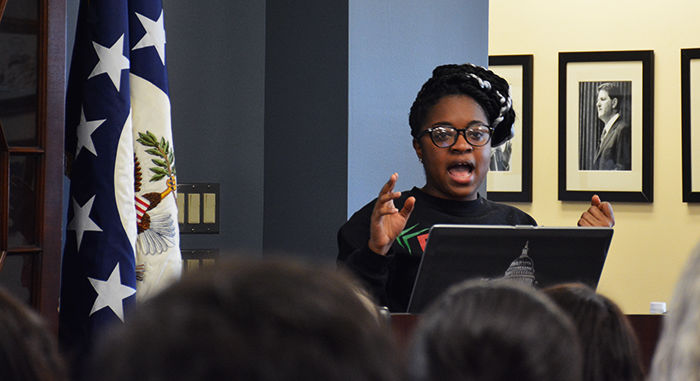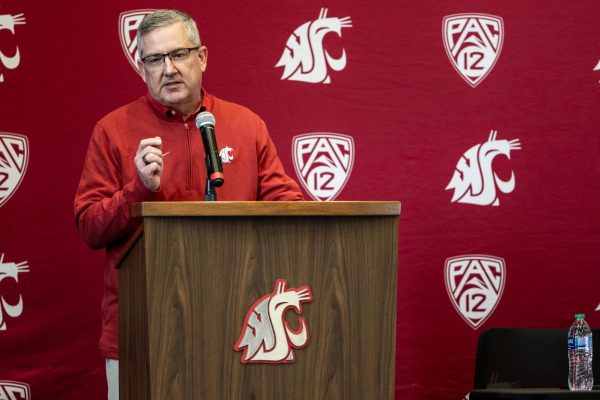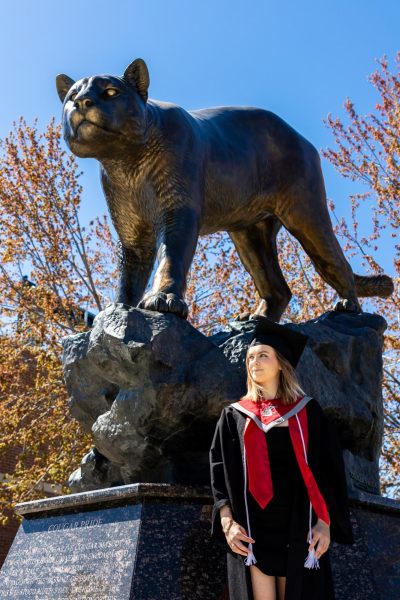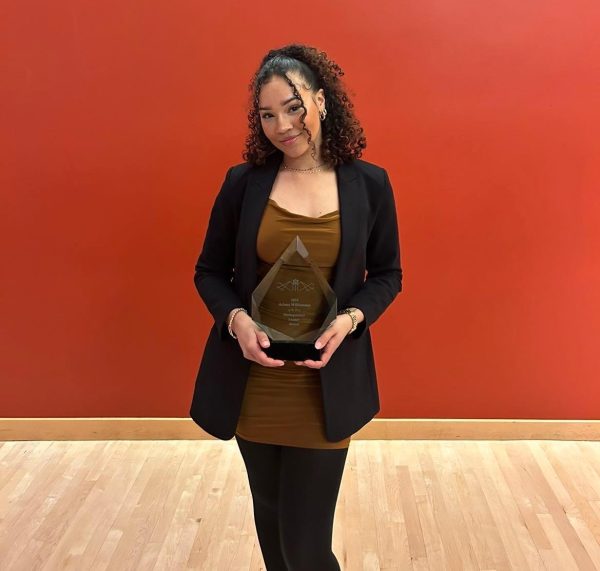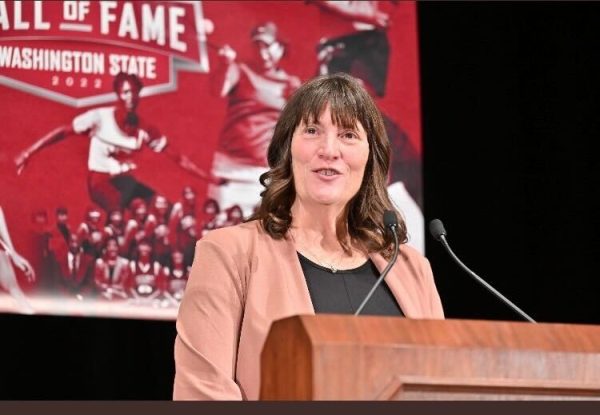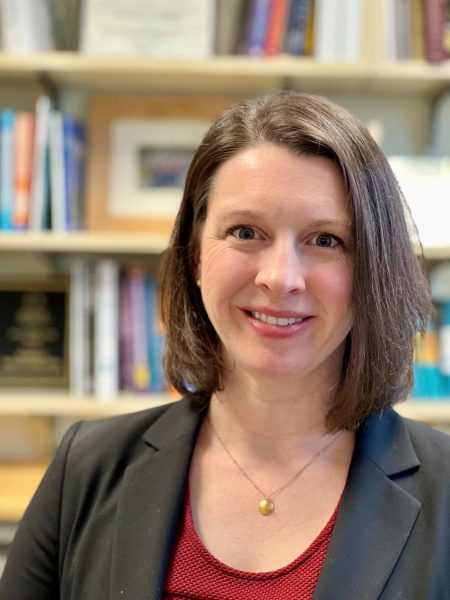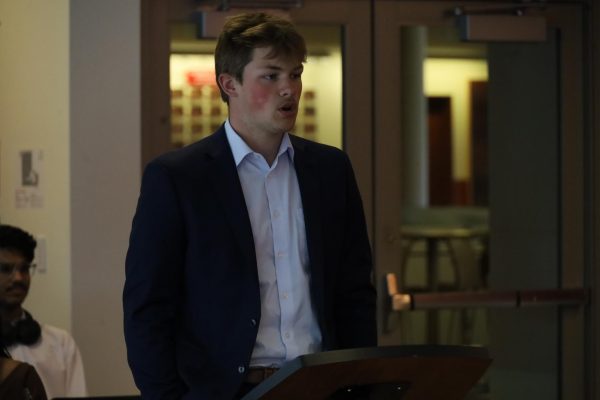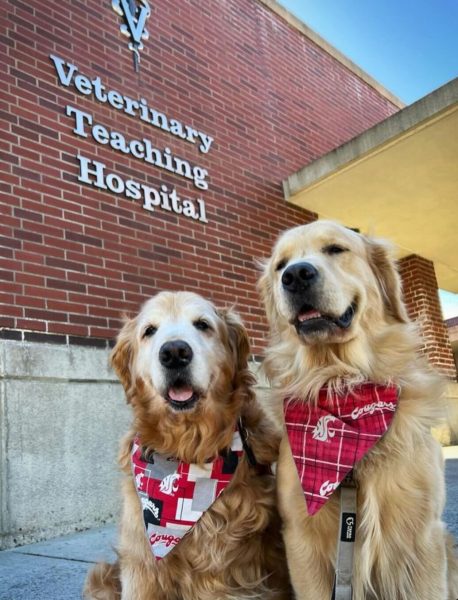Black Lives Matter movement discussed at Foley Institute
Charlene Carruthers, a youth activist and an organizer, speaks on Thursday at the Foley Institute’s Coffee and Politics event.
January 27, 2017
Discussing the Black Lives Matter movement and the importance of black liberation in the U.S., Charlene Carruthers, national director of the Black Youth Project 100, spoke Thursday at a Foley Institute’s Coffee and Politics.
Growing up underprivileged on the Southside in Chicago, Carruthers has spent over 12 years working for racial justice. In her youth, she first learned about unequal power distribution in the public welfare offices when she would visit with her mother, she said.
“We would enter this room that was filled with these discolored chairs – at one point they were orange and green and yellow,” Carruthers said. “By the time we got there, they were pretty dingy chairs.”
Throughout her childhood, she witnessed the negative power imbalances which dictated the social location of black people.
Catapulted by the announcement of the court finding George Zimmerman not guilty in the death of Trayvon Martin, the Black Lives Matter movement was born. In turn, that same night, her organization, the Black Youth Project 100 was also born.
“This movement for black lives is not the first and more than likely won’t be the last,” Carruthers said.
The most important aspect of Carruther’s work is the fight for the liberation of the people.
“We want divestments from systems and institutions that punish,” she said. “The work we do for black liberation is about continuously pushing folks on the margins into the center.”
The systems in place are systems of oppressions like prisons and policing, Carruthers said. It is those systems she strives to educate her communities about, she said.
“(We want them) to have a robust understanding of what is happening to our people and are better positioned to develop solutions that are suited to all of our people,” Carruther said.
However, there is hope, she said. In what she said is an unstable political climate, she said she believes the opportunity to create a future is in sight to “get things right that weren’t right before.”
Reporting by Danielle Chiriguayo


